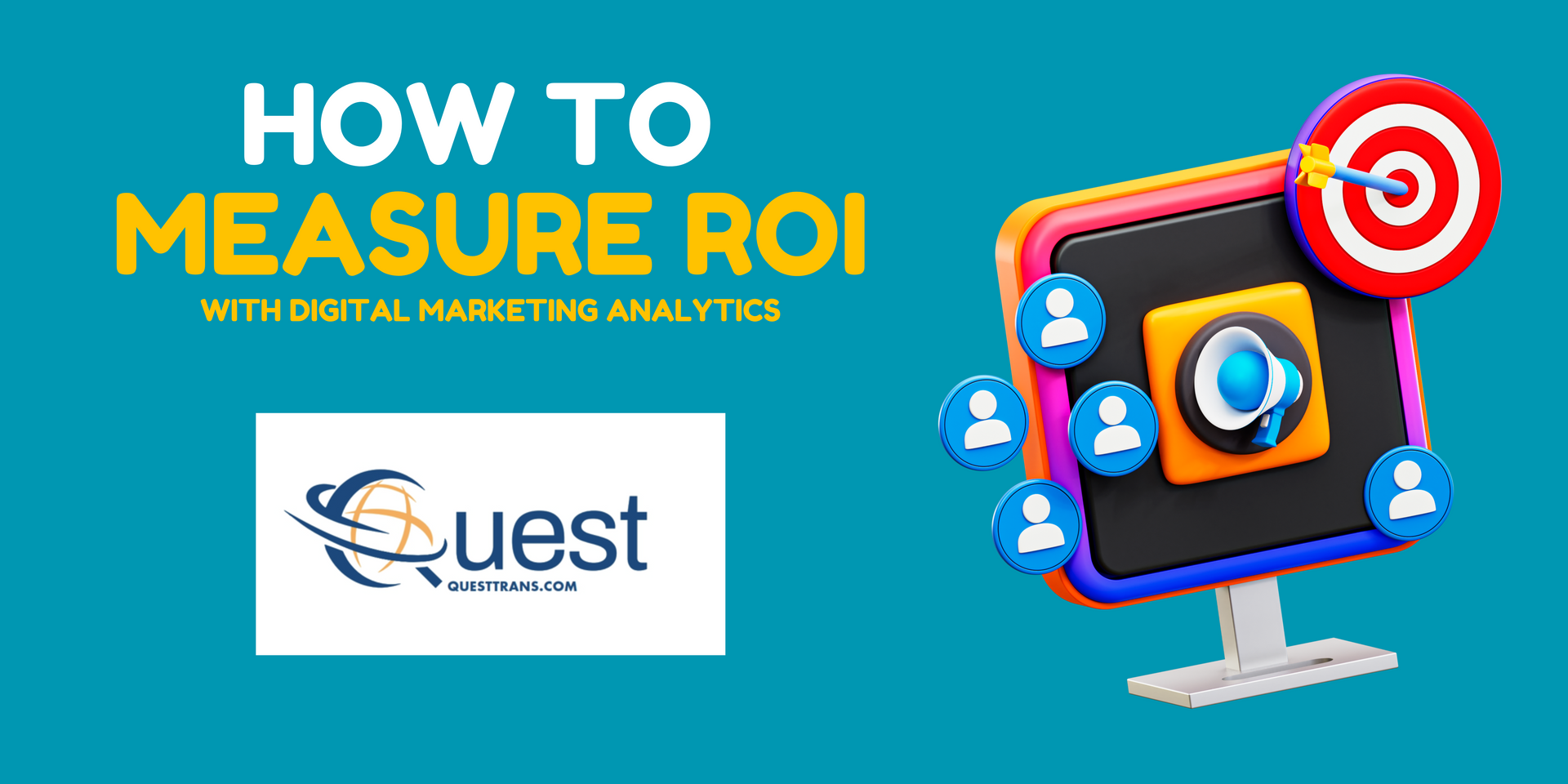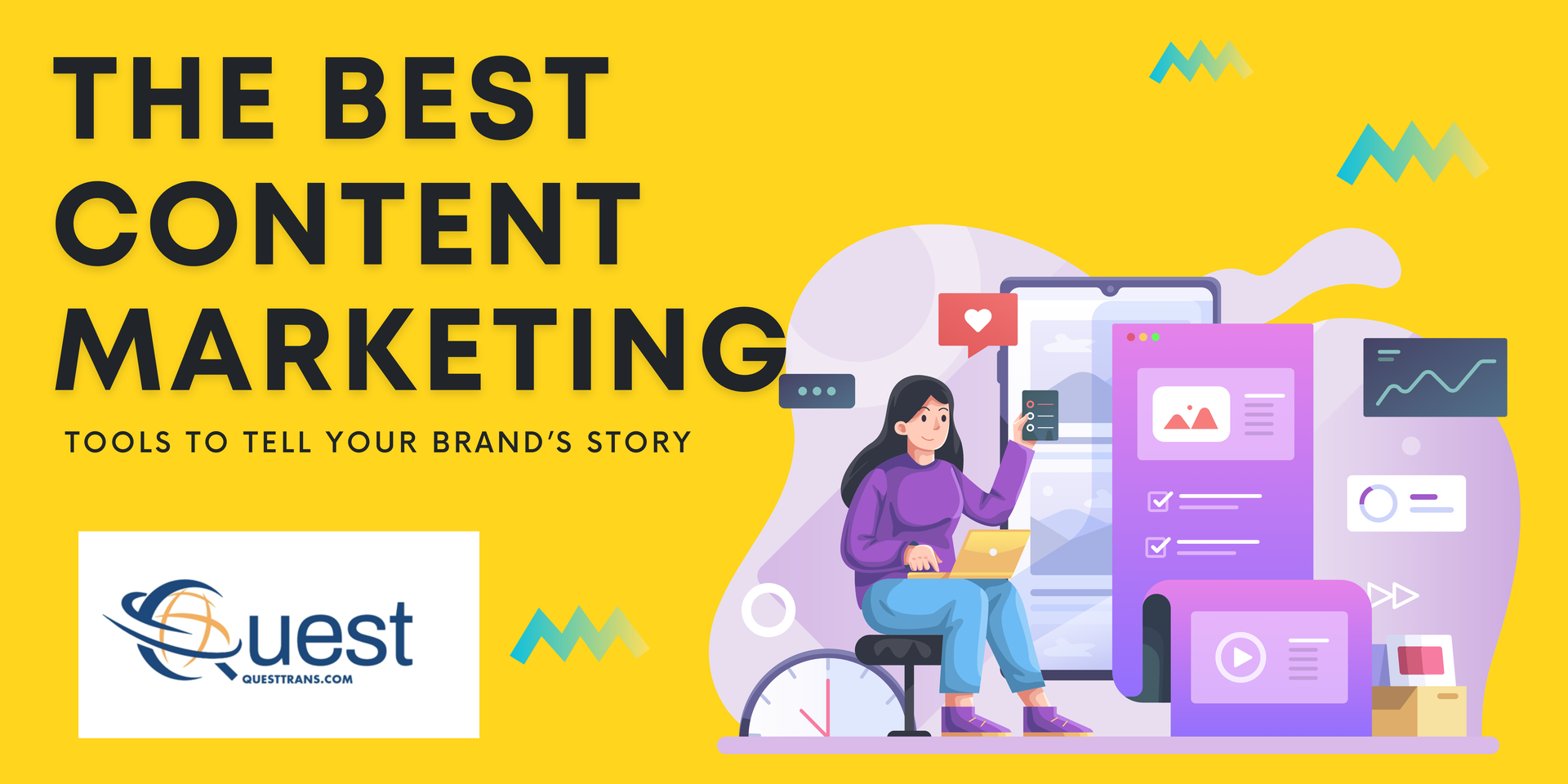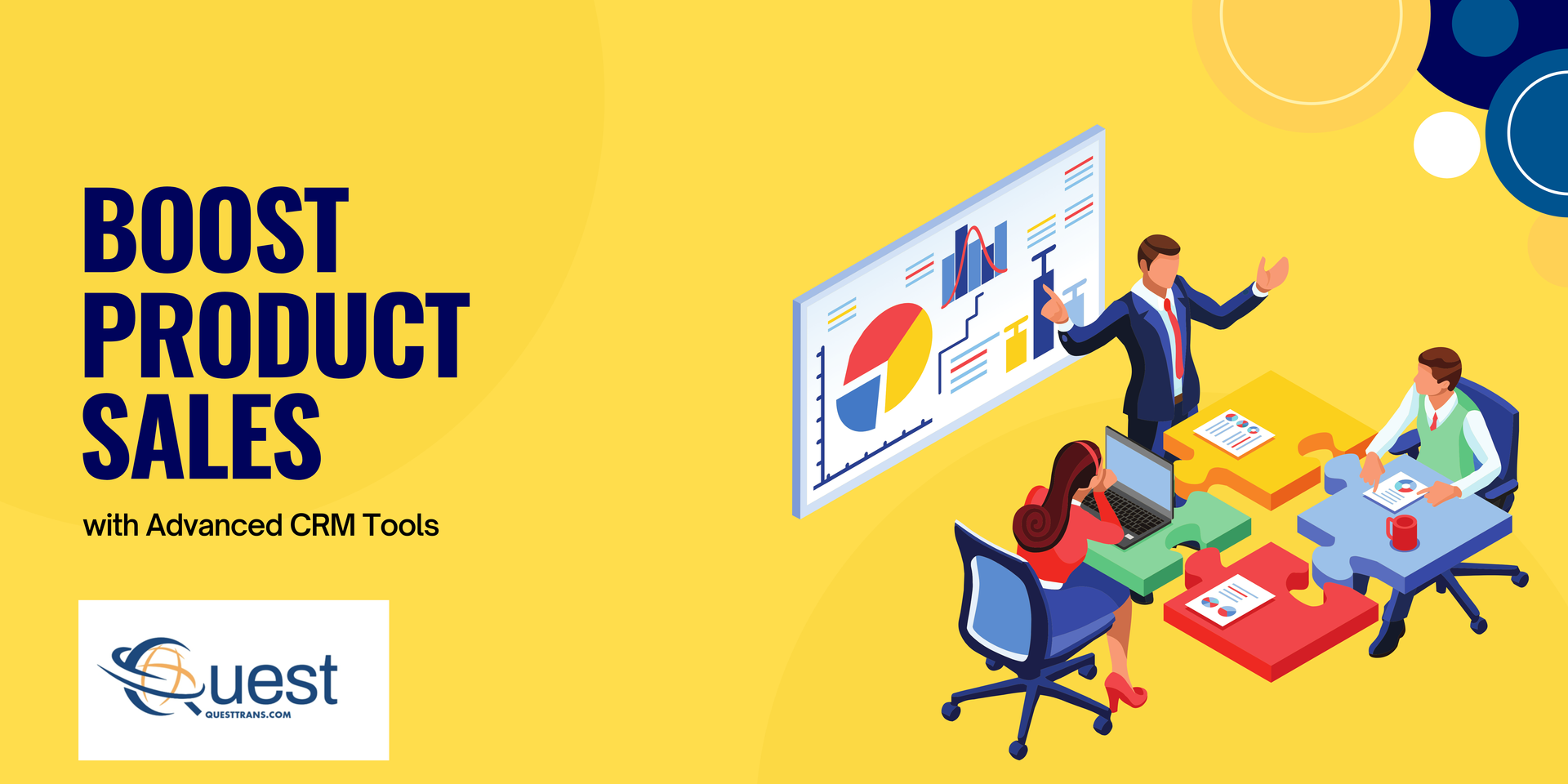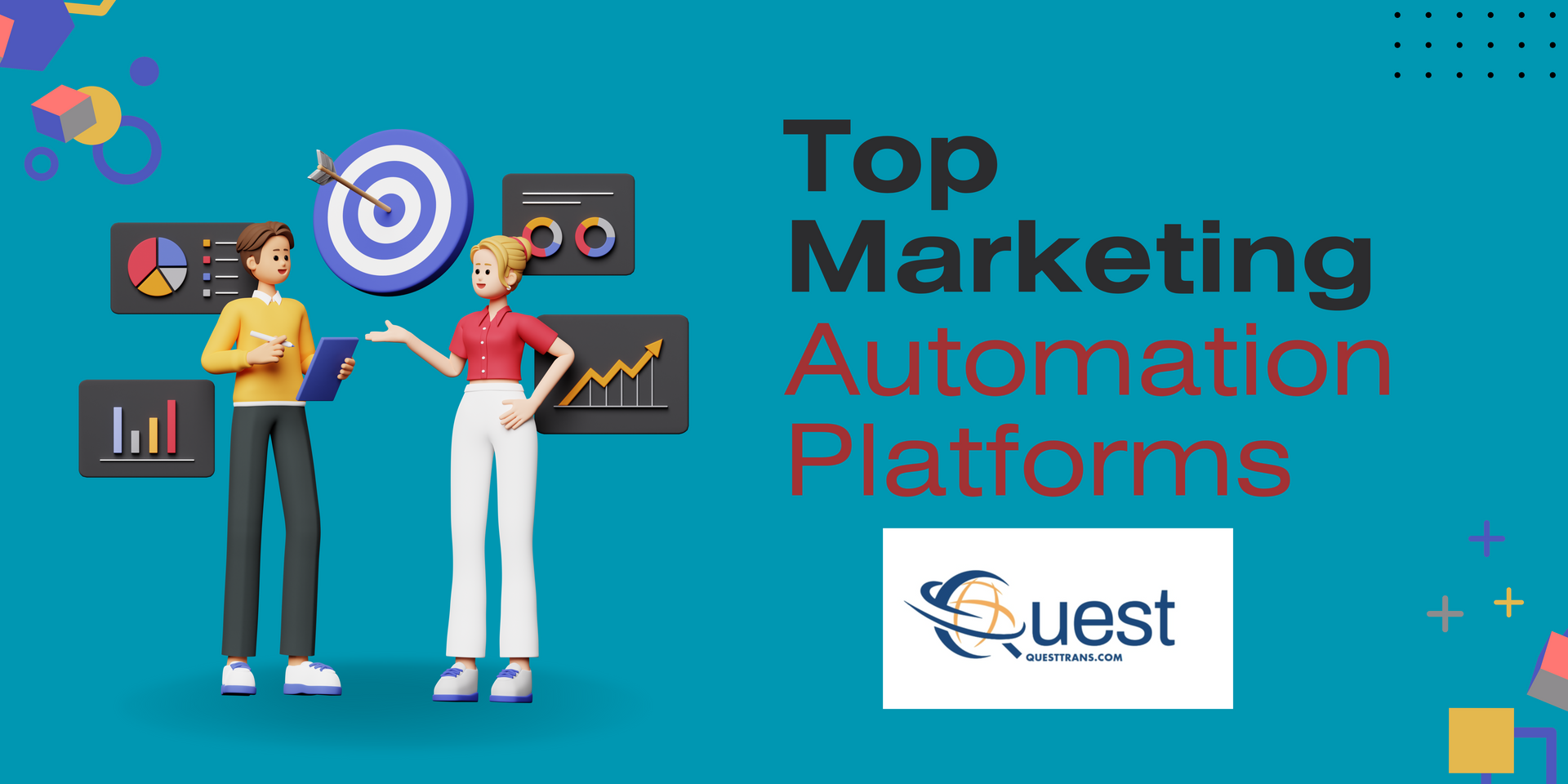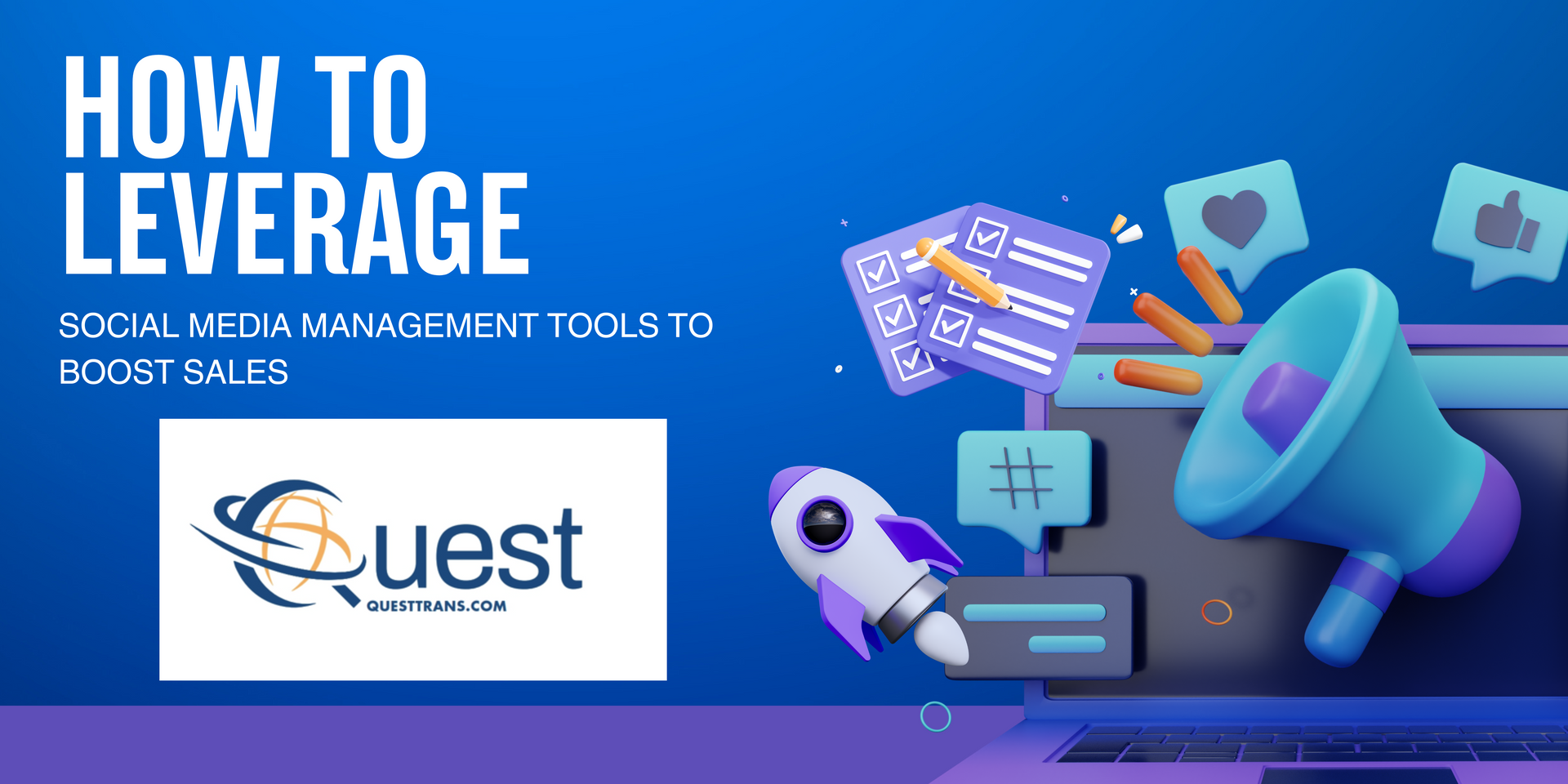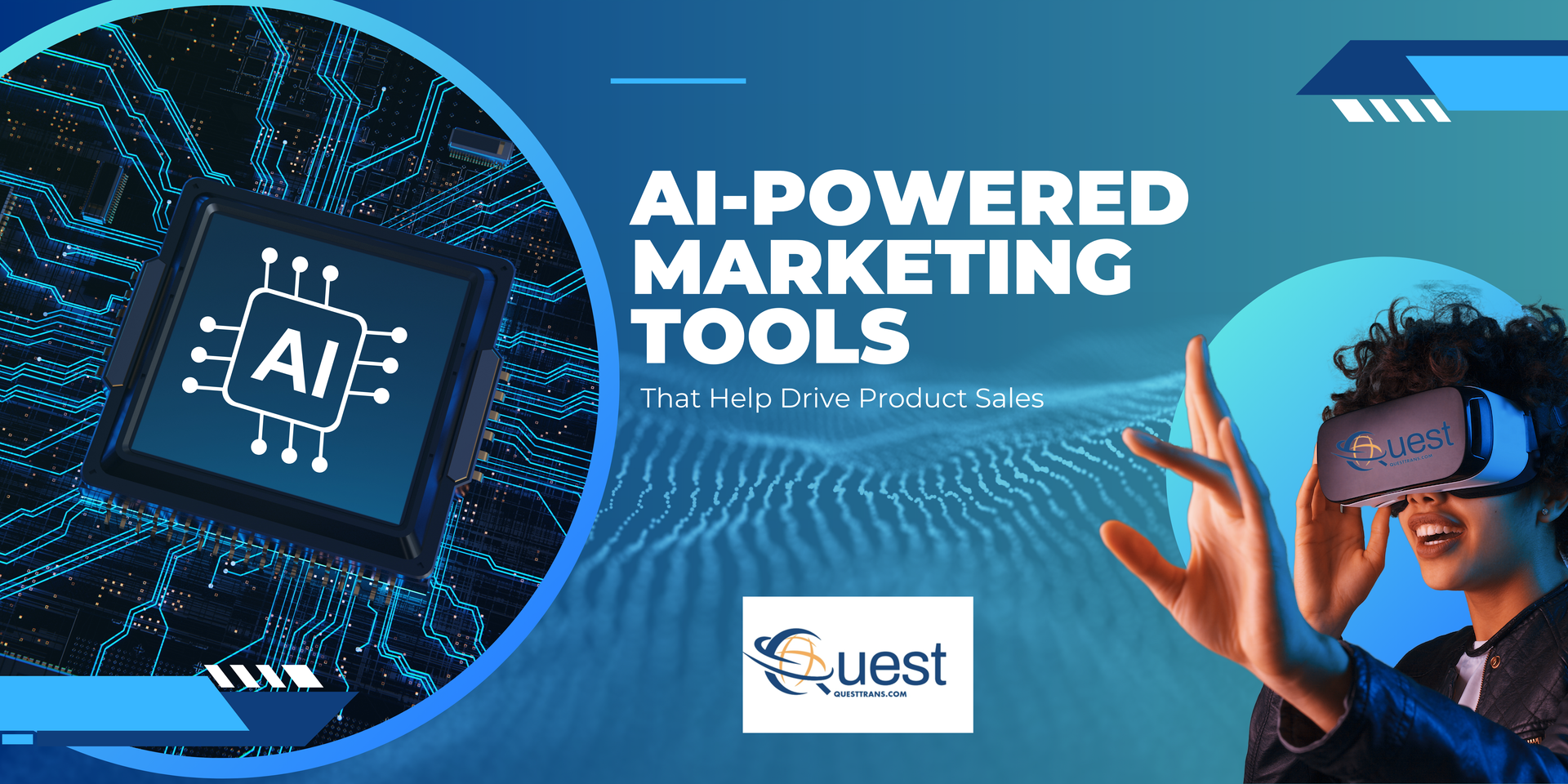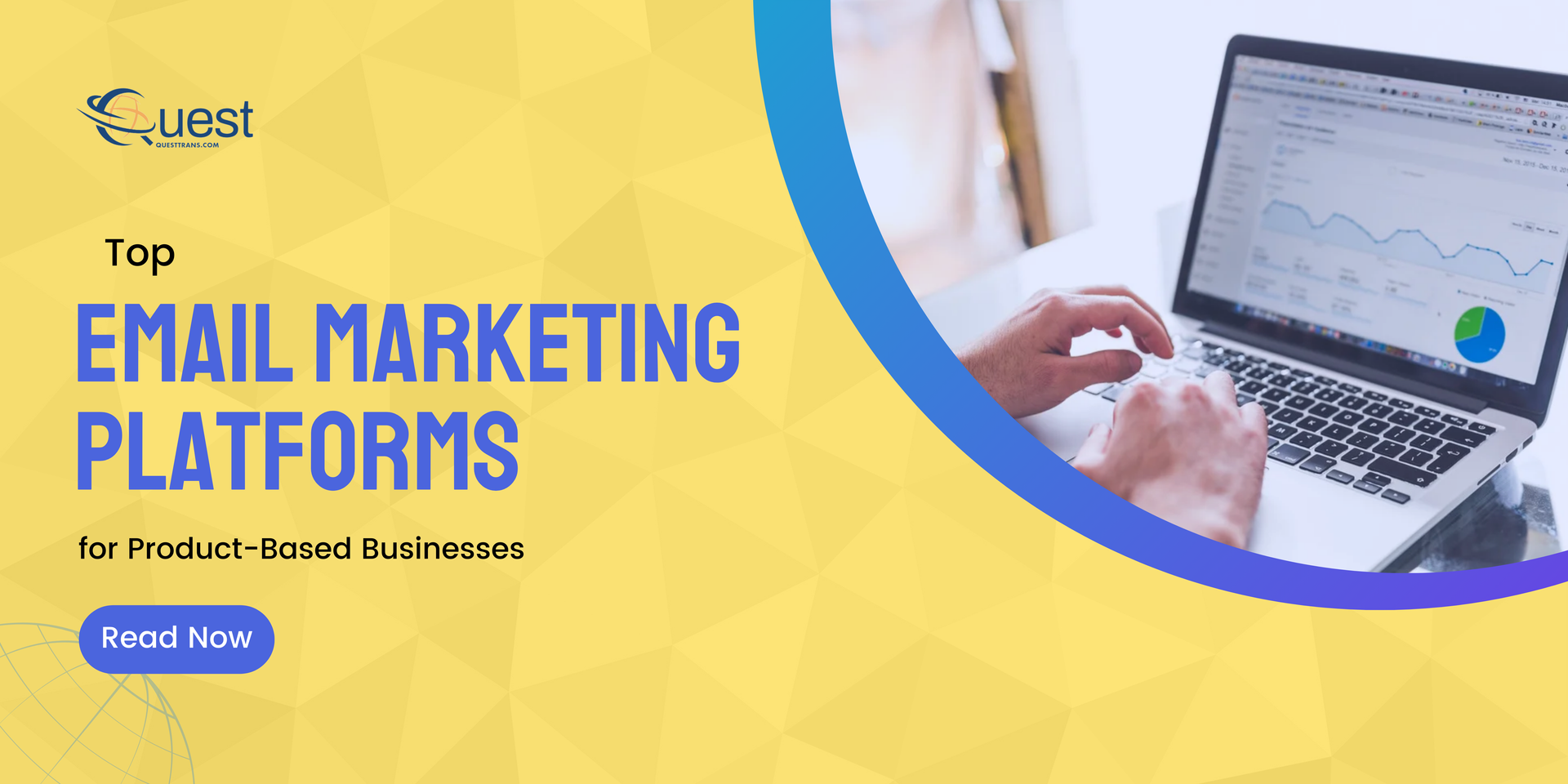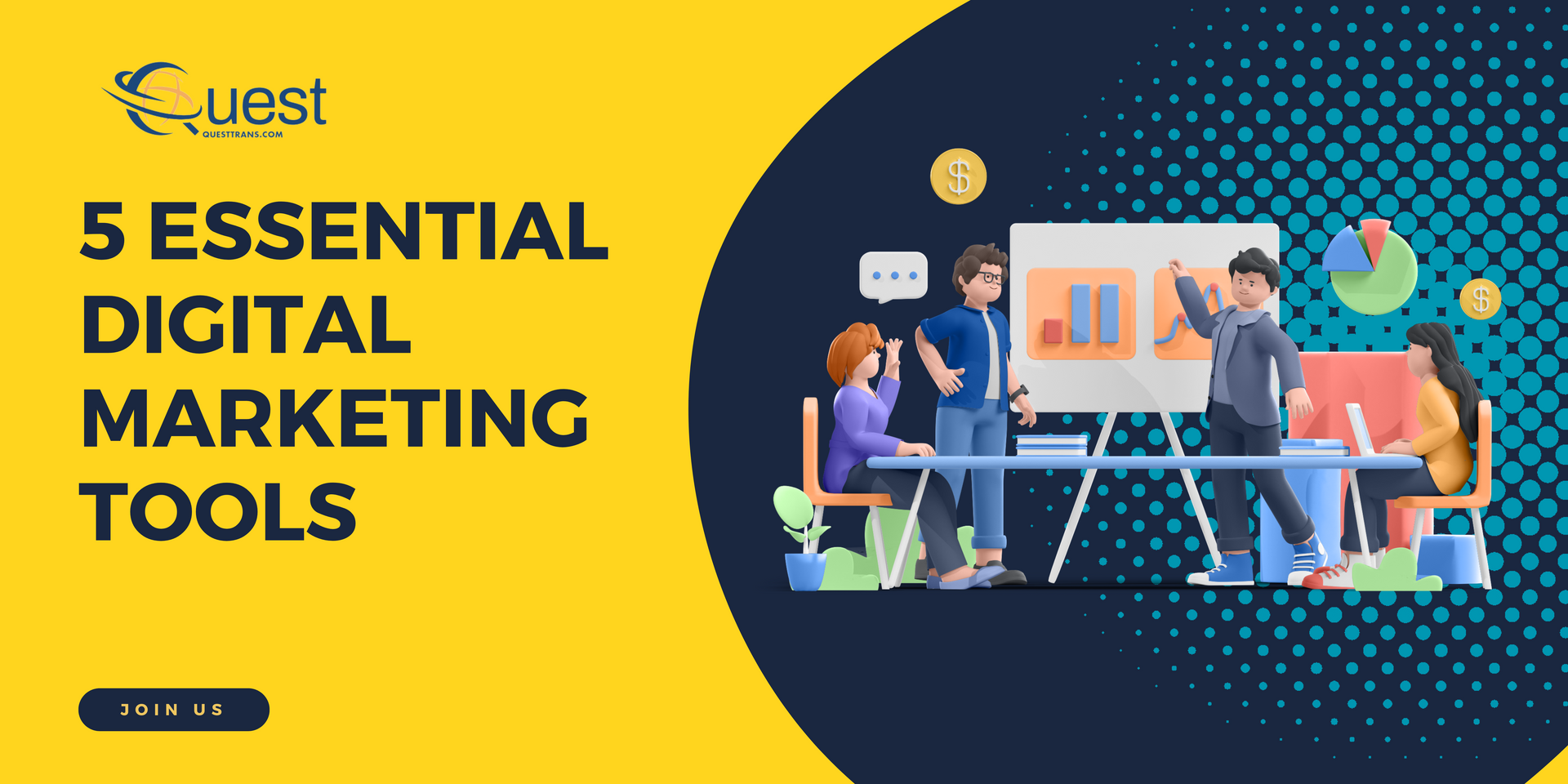Navigating LTL vs. FTL Shipping: What’s Best for Your Business?
Navigating LTL vs. FTL Shipping: What’s Best for Your Business?

Shipping is a critical element of any product-based business, and choosing the right freight option can significantly impact your operations, costs, and customer satisfaction. Two primary methods, Less-Than-Truckload (LTL) and Full Truckload (FTL) shipping, cater to different needs. Understanding the benefits and limitations of each will help you determine the best fit for your business.
What Is LTL Shipping?
LTL shipping is designed for smaller freight loads that don’t require a full truck. Typically, these shipments weigh under 12,000 pounds and occupy fewer than 12 pallets.
- How It Works: LTL shipments are consolidated with freight from other businesses in a warehouse. Each shipment is transferred between trucks and distribution centers before reaching its destination.
- Advantages of LTL Shipping:
- Cost-Effective: You only pay for the space your freight occupies.
- Ideal for Smaller Shipments: Perfect for businesses shipping small quantities or testing new markets.
- Eco-Friendly: Sharing space with other shipments reduces the overall carbon footprint.
- Considerations:
- Higher Risk of Damage: Since LTL shipments are handled and transferred multiple times, there’s a greater chance of damage compared to FTL.
- Longer Transit Times: Consolidation and multiple stops may delay delivery.
While Quest Transportation doesn’t currently offer refrigerated LTL services, we’re exploring this as a future option to meet growing demand.
What Is FTL Shipping?
FTL shipping, or Full Truckload, is reserved for shipments that occupy the entire truck or are large enough to justify exclusive use.
- How It Works: FTL freight is loaded onto a truck and delivered directly to the destination without transfers or stops for other shipments.
- Advantages of FTL Shipping:
- Direct Transport: Faster delivery times due to fewer stops and no transfers.
- Reduced Risk: Minimal handling means lower chances of damage, making it ideal for high-value goods or items that require extra care.
- Versatile Options:
- Dry Van Trailers: Suitable for general goods that don’t require temperature control.
- Refrigerated (Reefer) Trailers: Designed for perishable or temperature-sensitive items.
- Flatbed Trailers: Used for oversized or heavy equipment.
- Considerations:
- Higher Cost: As you’re paying for the entire truck, FTL can be more expensive than LTL.
- Best for Large Shipments: Most cost-effective when shipping over 12 pallets or 12,000 pounds.
How to Choose Between LTL and FTL
Here’s a quick guide to help you decide:
- Shipment Size:
- LTL: Best for loads under 12,000 lbs or fewer than 12 pallets.
- FTL: Ideal for shipments over 12,000 lbs or more than 12 pallets.
- Delivery Speed:
- LTL: Slower due to consolidation and multiple stops.
- FTL: Faster with direct transport to the destination.
- Fragile or High-Value Items:
- LTL: Higher risk of damage from multiple transfers.
- FTL: Lower risk due to minimal handling.
- Budget Considerations:
- LTL: More cost-effective for smaller loads.
- FTL: More cost-effective for larger loads.
At Quest Transportation, we specialize in helping businesses navigate their freight options with expert guidance. Whether you need efficient LTL solutions or direct, secure FTL shipping, we provide:
- Custom Freight Strategies: Tailored to your unique shipping requirements.
- Tracking Services: Real-time visibility for all your shipments, ensuring peace of mind.
- Driver Acquisition & Appointment Setting: Simplifying logistics for seamless pickups and deliveries.
Choosing the right freight option doesn’t have to be overwhelming. Let Quest Transportation help you streamline your shipping and focus on growing your business.


